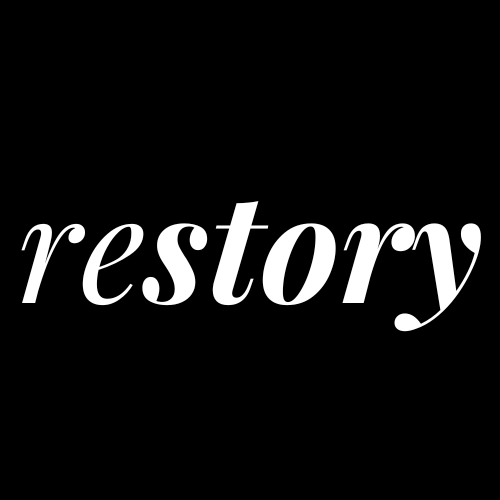I approach this subject from a familial perspective, with children ages 16, 13 and 10. As one who espouses that the first true, genuine, infectious community is the family, I believe that how we demonstrate Jesus to our families in the midst of our culture’s shift will have deep and lasting impact not only on our culture but also on the kingdom of God.
Our family spent two and a half years living in post-Christian France—all this during our children’s formative years. Through many tears and hard-won discussions, we learned to thrive. We developed what we now call Conversational Parenting, where we parented around the dinner table.
We try to have the kinds of conversations that make our kids wildly enthusiastic about our home. We’ve created the kind of community that’s haven-like—a place where kids aren’t afraid to be themselves, where they’re applauded for being comfortable in their own skin. This is not at the expense of engagement, nor is it embracing protectionism. It’s this kind of authentic interaction that not only benefits children and families, but if taken to its logical conclusion, helps everyone in our communities of faith better interact with the world around us. Havens do that.
So, in the land of postmodernism on steroids, we saw our children experience redemption.
- Our eldest daughter led her friend to Jesus after loving her, talking to her and praying for her over a year.
- Our son voiced frustration to his friend’s parents (in French) when they showed a demonic film for a birthday party.
- And our youngest daughter met Jesus in France. Her father baptized her in the Mediterranean Sea.
Bishop Whipple, known as the Apostle to the Indians, said this: “For the last thirty years, I have looked for the face of Christ in the people with whom I have disagreed.” His words clearly expose the paradox and beauty of what I call engagement and purity. James 1:27 illustrates: “Religion that God our Father accepts as pure and faultless is this: to look after orphans and widows in their distress [engagement] and to keep oneself from being polluted by the world [purity].”
Abram understood this countercultural relationship between pursuing God and engaging people. In Genesis 12:8, it says, “From there . . . he pitched his tent, with Bethel on the west and Ai on the east.” Oswald Chambers expands this in saying, “Bethel is the symbol of communion with God; Ai is the symbol of the world. Abram pitched his tent between the two.”
In a hyper-shifting culture, our tendency is to polarize to extremes—to run toward purity at the expense of engaging culture, or to embrace culture at the expense of a vibrant, connected faith. The pathway to the kind of faith that seeks to find Jesus on the face of those who disagree is based solidly on the irresistibility of Jesus Christ. He is our example of engaging the culture, yet staying pure. He had dirty hands and a clean heart—something I hope to emulate.
As we value Jesus as the central part of our communities, whether that be our family as a microcosm of biblical community, or our churches and small groups, we will begin to see a winsome transition in the culture around us—an opening to the paradoxical ways of the kingdom.

0 Comments